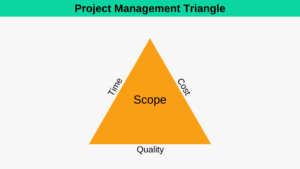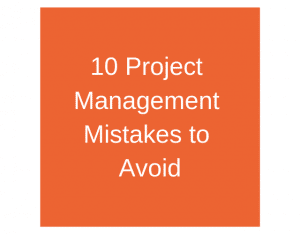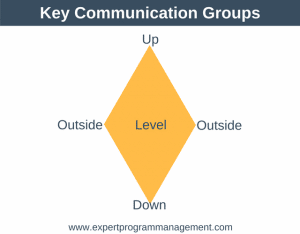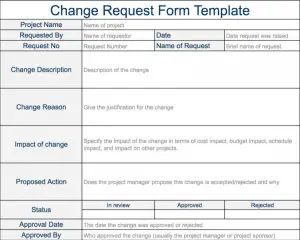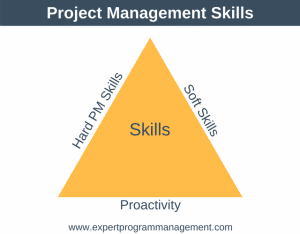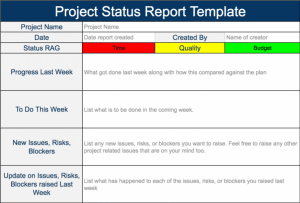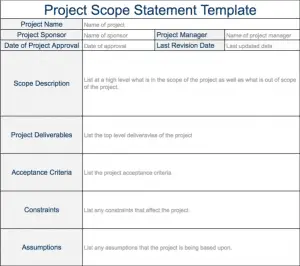When it comes to projects, people are just as important as processes and tools, if not more so. A great team working with a bad process is more likely to deliver a complex project than a disenchanted team working with the best processes. Given this, it is vital that as project managers we spend a significant amount of our time thinking about the people aspects of our work.
Below you’ll find a checklist of the major people related issues you should watch for and think about in your projects.
1. Lack of Senior Management Support
It’s very difficult to push through a project by yourself, and for this reason it’s important you have senior management support for your project. Once you have this support it’s going to be far easier to leverage their seniority and influence to make change happen. Not having senior management buy-in at the right level and from different parts of the organization is a warning sign that your project may be headed for trouble.
2. No Stakeholder Involvement
Are your stakeholders reading your reports and asking lots of questions? Are they actively engaged and do they understand what the project delivers to them? If not, then your project could be headed for trouble and you need to take action. Start engaging with your stakeholders. Understand their win conditions. Their communication needs. Embed these into the project. Maintain a keen interest in your stakeholders throughout the project.
3. Availability of Expert Knowledge
There is often the assumption that experts (for example laywers, architects, and security experts) can provide sufficent input to the project whilst doing their day-to-day role. This rarely works. When it comes down to it and the expert has to choose between their job and your project, it is their job that usually wins. When setting up your project, make sure you are explicit and agree formally how much commitment is required for the project by the expert. Better yet, try to second them to the project full time.
4. Technology and Skills
Are the people on your project using technologies which are new to them? Are you expecting them to learn and master these new technologies as they progress through the project? Mastering new skills typically takes much longer than expected and you need to account for this. One quick fix might be to supplement the team with experience contract staff. Another related question is are you using proven (business ready) technology? If not then you are dealing with an unknown quantity and there is a very large technology risk embedded in your project.
5. A Committed Team
Having a committed team is obviously crucial to the success of the project, yet many project managers spend little time thinking how to get and keep their team’s motivation levels high. You need to (with the help of your management if necessary) take steps to ensure that your team are motivated (financially and otherwise) towards achieving the objective of the project.
Summary
This article is entitled People and Projects, but it could almost be called People are Projects. This is because people are fundamental to the success of any project. Get the people aspects right, build a great team, and you are likely to have a successful project in spite on any obstacles thrown in your way. Get the people aspect wrong, and it doesn’t matter how good your processes and technology are, you are going to be facing a very stern challenge indeed. If you’ve been reading between the lines of this article you may well have picked up another nugget of information, namely, that good project managers are constantly trying to anticipate future problems, and taking steps to avoid those problems.
